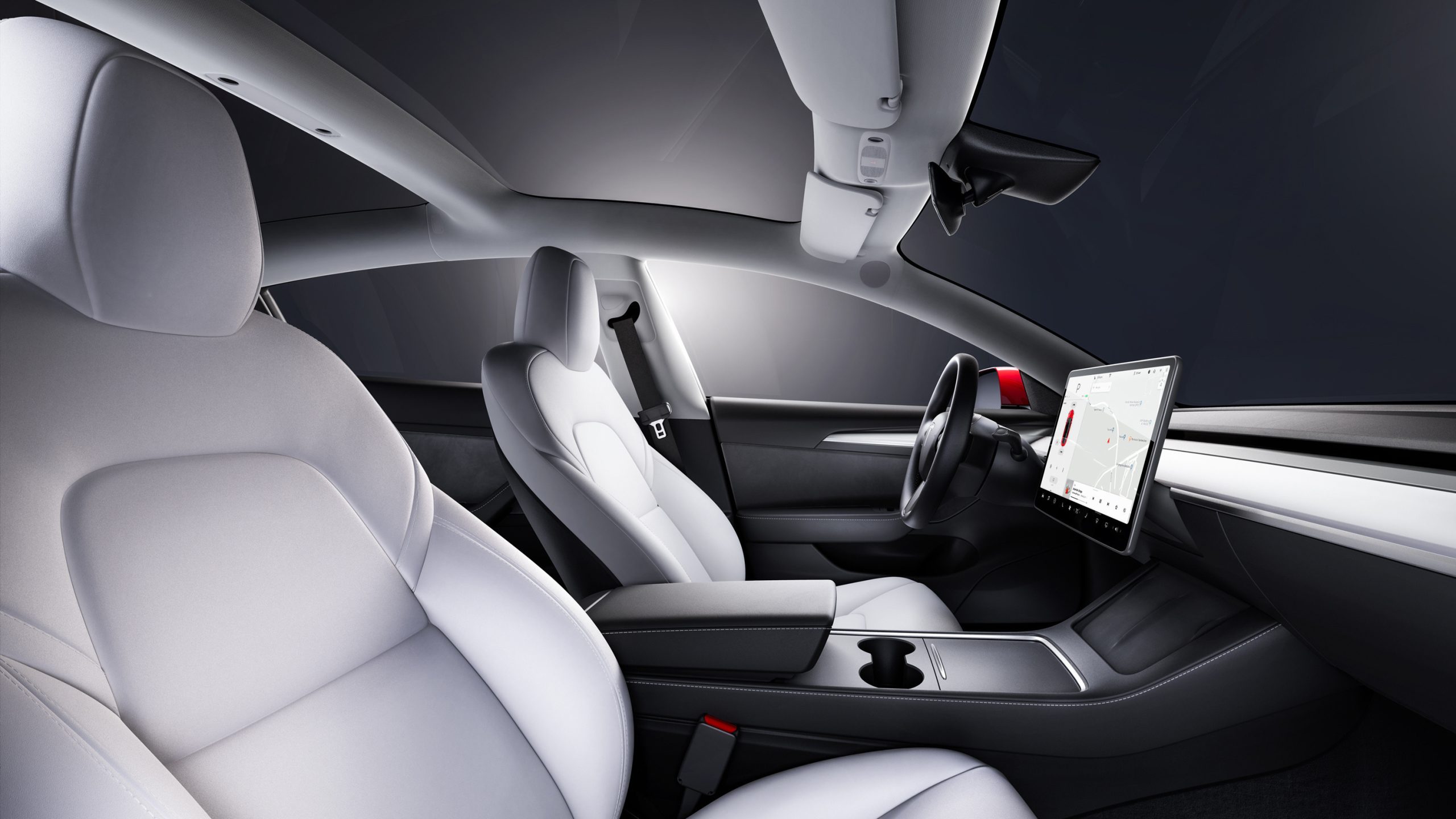
Tesla is recalling nearly 820,000 vehicles due to problems with the audible seat belt warning.
Content
Tesla is facing yet another recall of its vehicles, this time due to a bug that prevents the driver from being alerted by the sound of a seatbelt. The NHTSA assures that this failure could jeopardize the safety of drivers and passengers due to potential accidents or accidents.
Tesla is recalling individual units from its current four lineups due to a possible malfunction of the seat belt buzzer. This new campaign is the second recall for the electric vehicle company in as many days. This new campaign covers 817,143 Model , Model S, Model X and Model Y models.
What is the reason for the feedback?
The warning horn may not sound when the vehicle is started and the driver is not wearing a seatbelt, according to a statement from the National Highway Traffic Safety Administration on Thursday. This means that these vehicles do not meet federal vehicle safety standards for protecting occupants in a collision. The NHTSA says that without a working bell, drivers may not know they are not wearing their seatbelt, increasing the risk of injury or death in a crash. Tesla says it is not aware of any accidents or injuries related to this issue.
Models involved in the recall
The NHTSA 22V045000 campaign covers select Model 3 (2017 to 2022), Model S and Model X (2021 to 2022) and Model Y (2020 to 2022) electric vehicles.
While owners of affected vehicles are not expected to be notified of the security measures until April 1st, it is likely that an over-the-air update or OTA patch will be available sooner. Free repairs are not expected to require owners to bring their car in for service. Interested owners can call Tesla Customer Support at 1-877-798-3752 for more information.
Tesla is facing other recalls because of its technology
The National Highway Traffic Safety Administration (NHTSA) announced that Tesla plans to voluntarily recall more than 54,000 of its 5.6 electric vehicles due to controversial "roll brake" programming, which is part of a recent software update for its option package. The Department of Transportation objected to Tesla's decision to program cars to illegally run stop signs at speeds of up to mph under certain conditions. The government safety regulator met to discuss the issue with the automaker, leading to the recall.
Despite its name, Tesla's advanced Full Self Driving driver assistance technology is not capable of autonomous operation.
Tesla's Solution
In the event of a recall, Tesla initiated an OTA software update almost immediately, long before the legally required proprietary notices were mailed.
The rise in OTA patches for such issues suggests that these types of software virtual actions may require new and clarifying terminology, at least in cases where there is no need to personally repair the vehicle and there are no actual mechanical fixes. required.
**********
:
